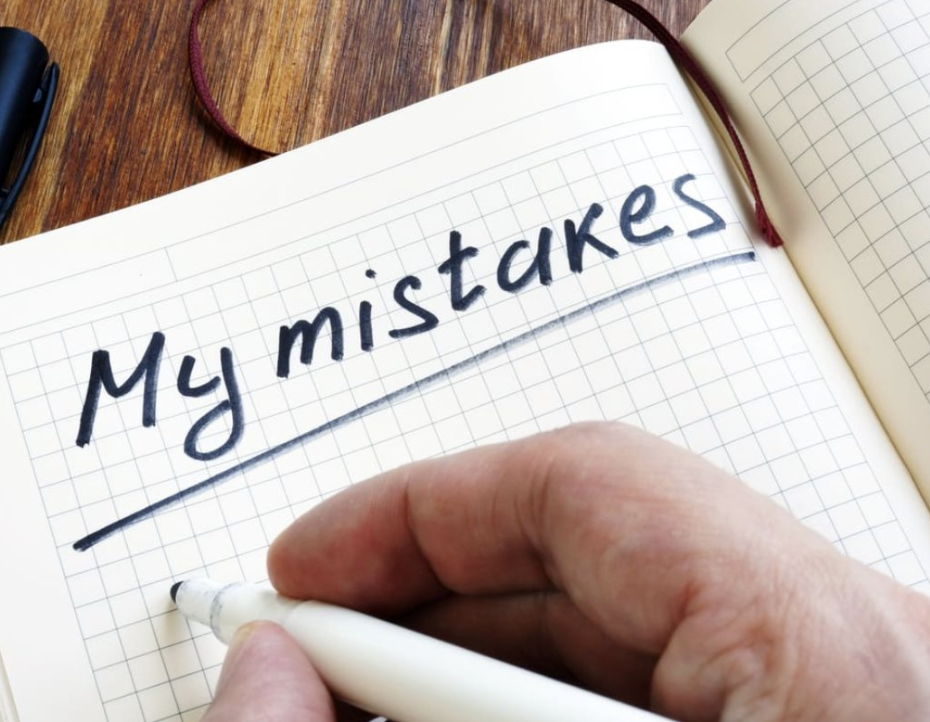
Recently, my former student Michael Sadowski spoke to my class about writing his beautiful memoir Men I’ve Never Been, and also about starting over.
After Michael’s book came out, he finished a novel, but his then-agent doesn’t handle novels. And so, he had to start all over again, researching literary agents, composing a query letter, reaching out, and waiting.
Even as a published author, Michael said, it wasn’t easy.
One of the most important things he learned after going through the process twice?
“Forgive yourself,” Michael said. “You learn how to do the query—how to do anything well—over time.”
The very next morning, one of the students who’d been in the class emailed me to say they’d made a mistake with their writing, and they were sure they’d ruined their chances of ever publishing their book. (They hadn’t.)
While many people are their own worst critics, sometimes I think writers take it to a whole other level. We accidentally send an email with a typo, and we convince ourselves we’re now on some secret blacklist of writers who can’t spell. We pitch a story to an editor who says it’s not their kind of thing, and we convince ourselves they’ll delete all future emails from us without reading. In our minds, every misstep is career-ending.
Not only is this kind of thinking unpleasant to live with, and just plain wrong, it can do real damage. Alice Boyes, author of The Healthy Mind Toolkit, says that harsh self-talk can actually make it harder to recover from setbacks—including rejection. Writers looking to publish work need to be persistent and resilient, and our harsh inner critics make that harder.
Self-compassion, Boyes says, makes us not only more adaptive, but more likely to engage with other writers, where we can find support. It’s an essential skill for writers, to replace the critic with more compassionate self-talk.
What does that sound like? According to Boyes, it’s softening the tone you use with yourself to make it kinder; it’s reminding yourself that you’re doing the best you can.
“It’s recognizing that pain is a universal human experience,” she wrote recently. “And it’s taking a balanced approach to our negative emotions that neither suppresses or exaggerates them.”
It takes practice and repetition to tame the harsh inner critic. It’s worth the effort, though, not only because it helps you persist through adversity, and hopefully find a home for your work. Self-compassion can also make you a better writer.
“At a certain point,” said the novelist Angela Flournoy, “you have to be kind to yourself as a writer and … allow yourself to let loose, pursue a good story, and create people who feel real.”

Kelly Caldwell
Dean of Faculty


